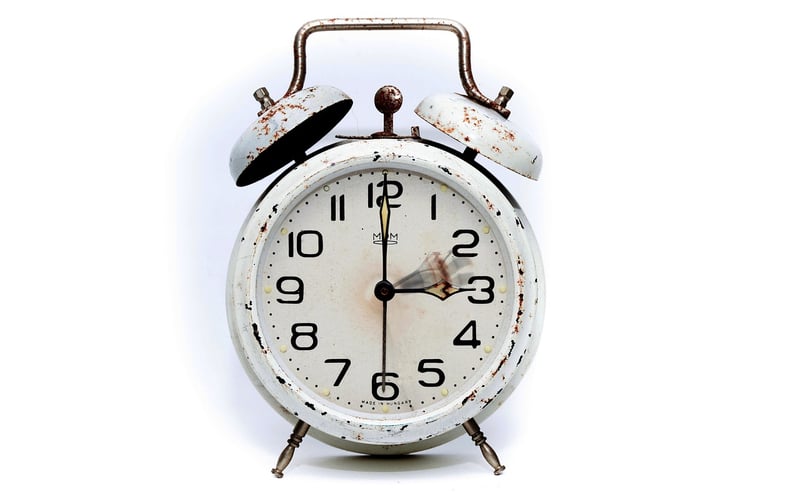Grandfather Paradox
The Consequences of Time Travel and the Grandfather Paradox
Time travel has been a fascinating concept in science fiction for decades, but what are the potential consequences of altering the past? One of the most well-known paradoxes associated with time travel is the Grandfather Paradox.
Grandfather Paradox Explained
The Grandfather Paradox is a theoretical situation where a time traveler goes back in time and prevents their grandfather from meeting their grandmother. As a result, the time traveler's existence becomes impossible, leading to a paradox – if the time traveler was never born, how could they go back in time to prevent their grandparents from meeting in the first place?
Consequences of Altering the Past
Time travel raises significant questions about causality and the nature of existence. If someone were to change a past event, it could have ripple effects that alter the course of history in unforeseen ways. This could lead to a chain of events with unpredictable and potentially catastrophic outcomes.
Alternate Timelines and Parallel Universes
One way to resolve the Grandfather Paradox and other time travel conundrums is by considering the concept of alternate timelines or parallel universes. In this theory, any changes made in the past would create a new timeline separate from the original one, allowing the time traveler to exist in a different reality without erasing their own existence.
Conclusion
While time travel remains a theoretical concept, the consequences and paradoxes associated with it spark intriguing philosophical debates and scientific inquiries. The Grandfather Paradox serves as a cautionary tale about the potential dangers of meddling with the past and the delicate balance of cause and effect in the universe.

For more information on time travel and related topics, you can explore Space.com.
